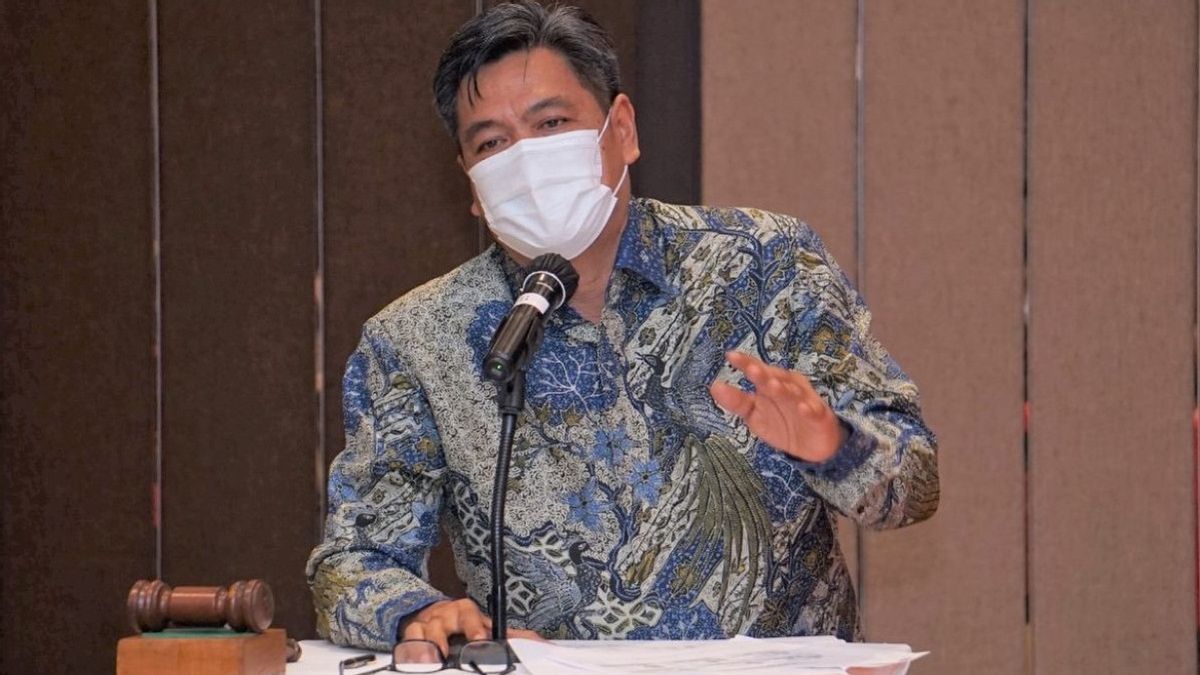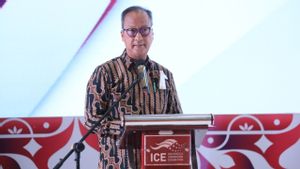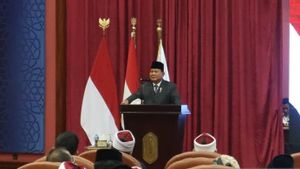The Ministry of Industry (Kemenperin) said that currently Indonesia already has at least two electric vehicle factories, namely PT HLI Green Power and PT International Chemical Industry (ABC).
The presence of both of them is proof of Indonesia's commitment to accelerate the achievement of carbon neutrality aka Net Zero Emission (NZE) in 2060, especially in the motor vehicle sector.
Acting Secretary General of the Ministry of Industry Putu Juli Ardika said, one of the electric vehicle manufacturers will operate in 2024.
"The HLI Green Power battery factory is planned to be completed in 2023 and can produce commercial production to supply the needs of electric car factories in 2024," Putu said in a written statement received by VOI, Thursday, October 19.
Through this production activity, later the HLI Green Power will be able to supply the needs for around 150,000-170,000 units of electric vehicles.
PT HLI Green Power itself is a collaboration company between Hyundai Group and LG to produce battery cells, with a first phase capacity of 10 GWh and an investment value of 1.1 billion US dollars.
Meanwhile, PT ABC has a production capacity of 100 MWh per year (equivalent to 9 million cells), with a total production capacity target of 256 MWh per year (equivalent to 25 million cell grains).
Putu added, until now in Indonesia there have been five companies that produce electric buses, with a total production capacity of 2,480 units per year and a total investment of Rp0.36 trillion.
Then, there are three companies that produce electric cars with a total production capacity of 34,000 units per year and a total investment of IDR 2.403 and 48 companies producing electric motorcycles with a production capacity of 1.427 million units per year.
"The development of the electric vehicle ecosystem in Indonesia is growing, with a capacity that goes far beyond market developments. This is also driven by various strategic policies from the government, including providing business certainty, preparation of roadmaps, and optimizing the Domestic Component Level (TKDN)," he said.
VOIR éGALEMENT:
With the positive development at the transition stage towards the electrification era, Putu believes that the electric motorcycle production target of 9 million units and cars and 600,000 electric buses in 2030 can be achieved.
"So that it is hoped that it can contribute to reducing fuel consumption (BBM) by 21.65 million barrels or equivalent to reducing carbon dioxide (CO2) emissions by 7.9 million tons in total," he concluded.
The English, Chinese, Japanese, Arabic, and French versions are automatically generated by the AI. So there may still be inaccuracies in translating, please always see Indonesian as our main language. (system supported by DigitalSiber.id)














